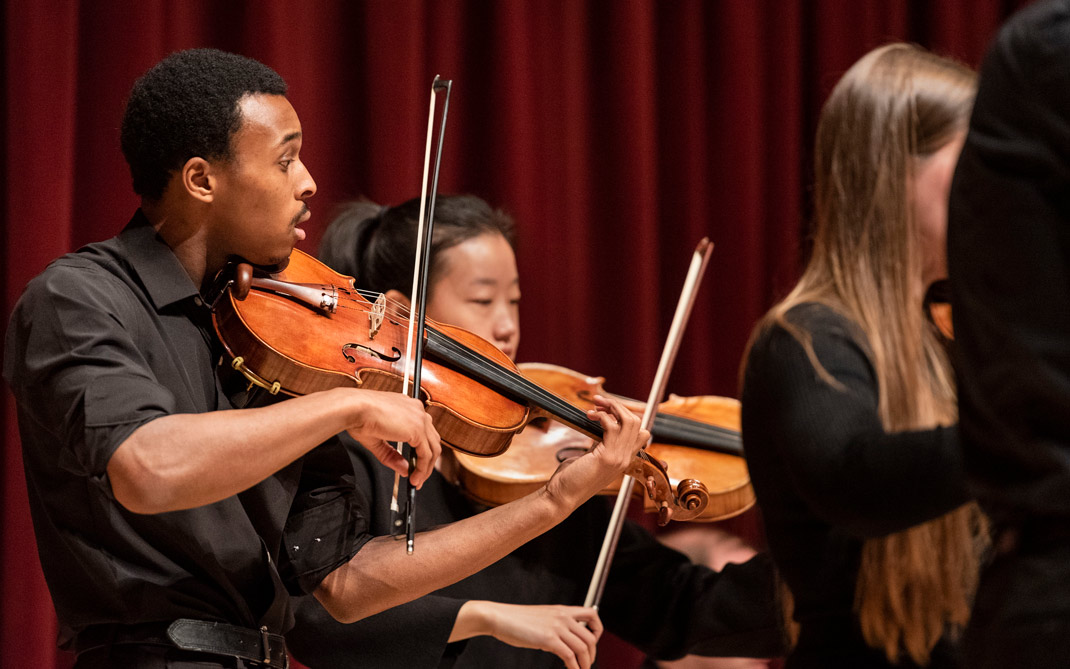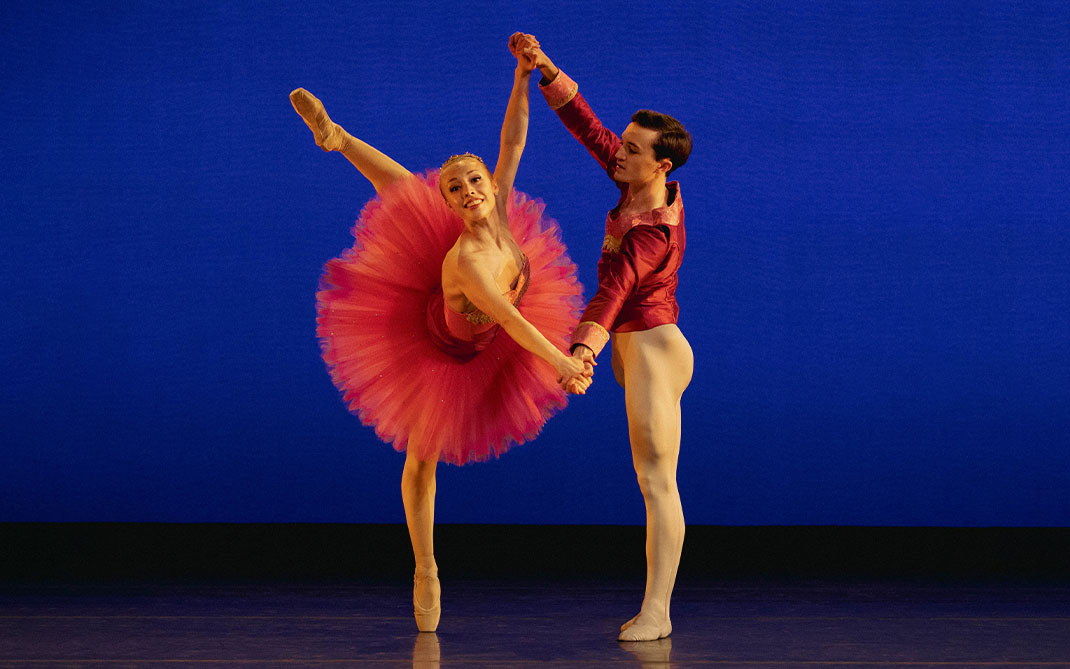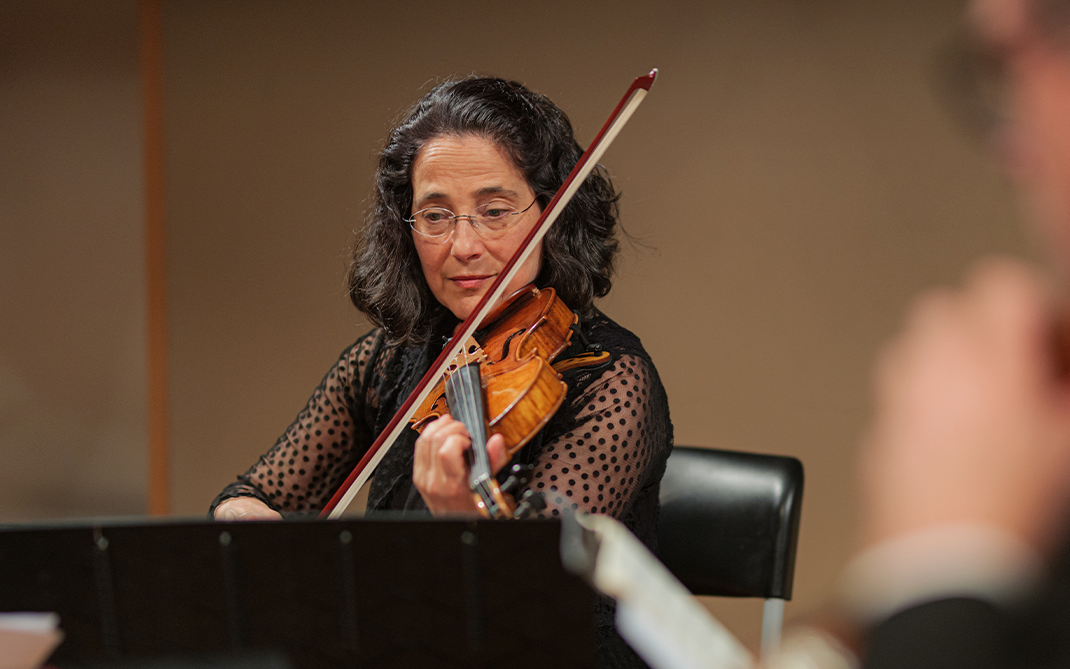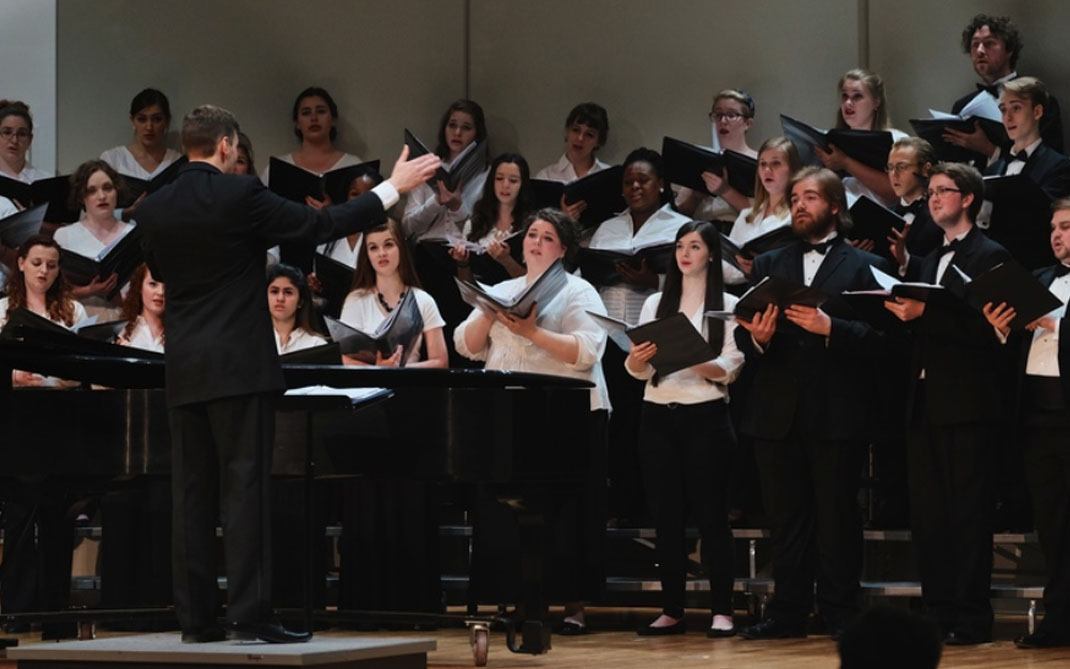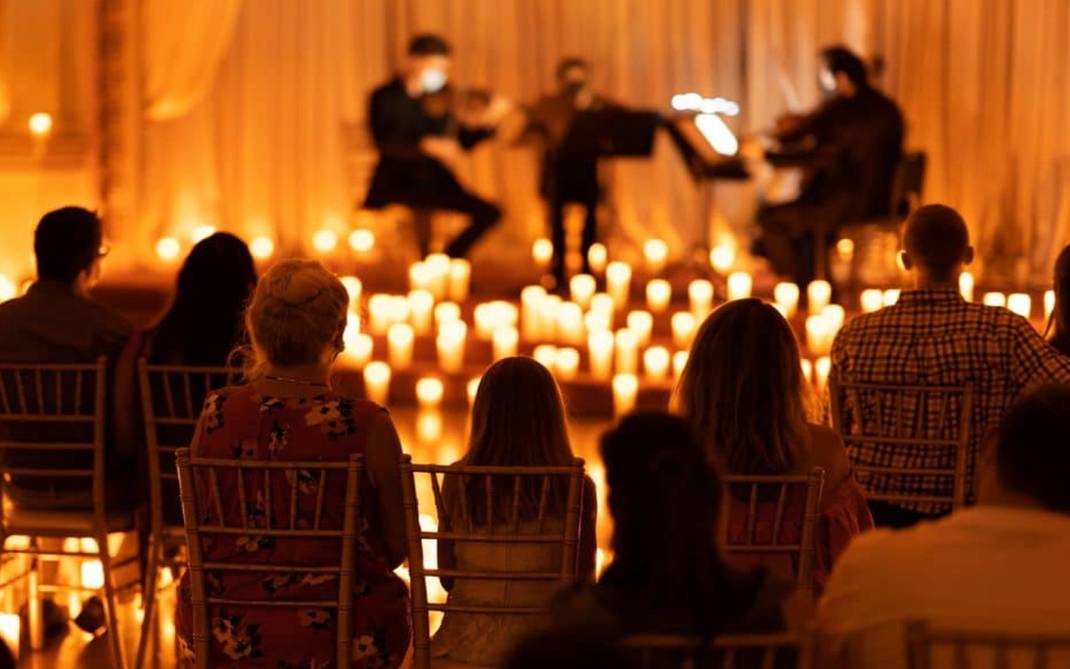Honorarium Regulation 305
| Regulation 305 | Approved: February 17, 2011 |
| UNIVERSITY OF NORTH CAROLINA SCHOOL OF THE ARTS Honorarium Regulation Regulation 305 |
|
| Source of Authority: | Office of State Budget Manual § 6.8.2; N.C.G.S. § 116-34(a); UNC Code § 502(A) |
| Revision Authority: | Chancellor |
| History: | First Issued: February 17, 2011 |
| Related Policies and Regulations: | Accounts Payable Regulation 301; Conflicts of Interest (Employees) Policy 603; External Activities for Regulation 610; Foundation Funds Use Policy; Improper Activities Reporting Regulation 114; Independent Contractors Regulation 306; Travel Regulation 310 |
| Responsible Offices: | Controller's Office |
| Effective Date: | February 17, 2011 |
I. Purpose
This regulation governs gifts of money or objects to a guest speaker or other individual who has been invited to provide a service to the University.
II. Scope
This regulation applies to non-employees of the University.
III. Definitions
A. “Honorarium” means a non-negotiated gift for services. An honorarium is a “thank you” gift to a guest speaker, performer or other individual who, at no charge, provides a service to the university. It is a token payment, a tangible gesture of appreciation. Examples of services for which an honorarium may be given include, but are not limited to:
1. A special classroom lecture or short series of such lectures by an external party
2. Conducting a seminar or workshop
3. Serving as guest speaker at an educational event or other similar function
4. Participating as a guest speaker at outreach events
5. Assistance for set-up or supporting activities at special events
B. “Fee” means compensation for services, expenses, etc. negotiated in advance and subject to the applicable regulations of the university, IRS and other relevant agencies.
IV. Regulation
A. Honorarium Payment
1. Honorariums are the fiscal responsibility of each department arranging for provision of the services. . Each department will issue a written invitation to the guest. The invitation will:
a. clearly indicate the amount of the honorarium;
b. state that the honorarium is not a fee; and
c. will set forth any other expenses that UNCSA will pay in connection with the visit.
2. Total state funds used for honorarium payments may not exceed $1,000.00 to an individual in one fiscal year.
3. Travel expenses may be reimbursed or paid directly on behalf of the guest, in addition to any honorarium, provided they are in accordance with the University’s travel policies and regulations.
B. Payments Not Qualifying for Honorariums
1. No honorarium payments may be made to any current employee, permanent, part-time, full-time or temporary.
2. An honorarium may not be based on a negotiated amount between the individual providing services and the individual seeking services.
3. Any verbal or written negotiated agreement in which the university will be obligated to pay for services is a contractual arrangement and must be made in accordance with procurement regulations.
4. Honorariums payments may not be used for independent contractors or consultants.
5. Honorariums may not be used to compensate an individual UNCSA repeatedly engages over a brief period of time.
C. Conflicts of interest or engagements with related parties must be disclosed in advance to the appropriate dean or department head.
D. All honorarium payments will comply with any and all applicable tax laws.
V. Revision History
A. February 17, 2011 – Adopted by Board of Trustees as part of UNCSA Policy Manual
UNIVERSITY OF NORTH CAROLINA SCHOOL OF THE ARTS
Honorarium Procedures
Procedure 305
I. Processing Honorarium Payments
A. In order to process an Honorarium payment, the attached “Request for Honorarium Payment” form must be completed and signed by all parties.
B. The “Request for Honorarium Payment” form requires the following information:
1. Name of honoree/speaker/individual;
2. The mailing address for the payment, if necessary;
3. Honoree’s institution or organization;
4. Purpose of honorarium;
5. Date of engagement;
6. Time or effort being recognized;
7. Amount offered (include travel allowances, expected reimbursements, if any)
8. Signatures of sponsoring faculty/staff member and their supervisor/dean
C. The Honorarium Payment Form should be completed and approved by the appropriate dean or supervisor.
D. The form must be attached to a direct pay request and submitted for payment to Accounts Payable.
E. If the individual is not in Banner, a vendor form must be completed and submitted to Purchasing.
II. Taxes
A. According to the IRS, all honorarium payments to individuals are taxable.
B. A 1099 (Miscellaneous Income) form will be issued for compensation to an individual in excess of $600.00 per calendar year.
